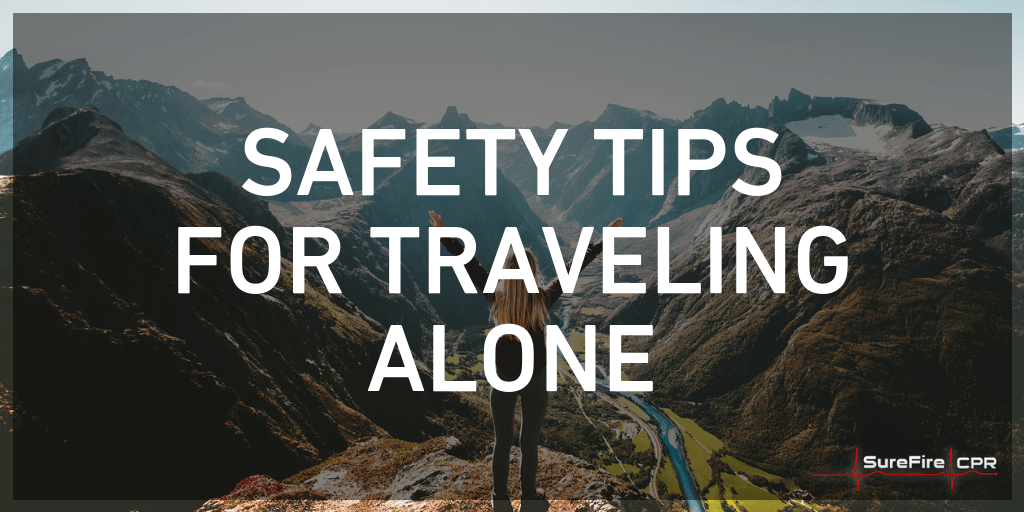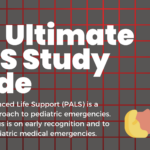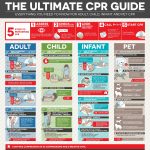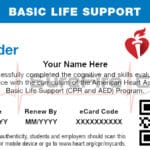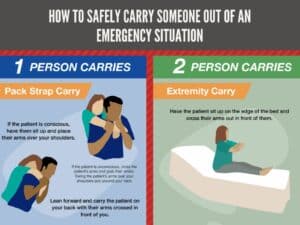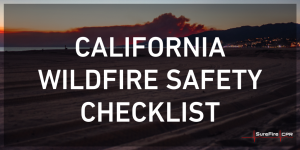Traveling alone is a dream come true for some individuals. In certain instances, traveling alone allows a person to embark on a one-of-a-kind journey of self-discovery. Or, in other cases, traveling alone enables an individual to meet new people, accomplish his or her career goals and much more.
Regardless of why a person chooses to travel alone, it is important to travel safely. Dangers are everywhere, and a traveler who fails to plan for the worst-case scenarios may put his or her safety at risk.
Ultimately, there are lots of things that you can do to travel alone without putting yourself in danger, and these include:
-
Learn About Your Destination
Tourist scams are problems at destinations around the world. For example, scam artists in Paris commonly use street games as distractions while their accomplices pickpocket tourists. On the other hand, scam artists across Europe sometimes offer to take a photo of a tourist, then will run off with his or her camera.
There is no telling what scams you might encounter at various global destinations. However, a prepared traveler is better equipped than others to identify scams before they get out of hand.
Many resources are available to teach you about a destination before you book a trip. For instance, TripAdvisor provides quick, easy access to a wealth of information about cities and towns worldwide. You can always reach out to a global destination’s office of tourism for more information about a particular location, too.
-
Book a Safe Place to Stay
When it comes to traveling alone, it is important to select a safe place to stay – without exception. Not all hotels, motels and hostels are created equal, and if you unknowingly choose an unsafe place to stay during your trip, the consequences of your decision could be dire.
To differentiate a safe place to stay from an unsafe one, you should perform comprehensive research. Start with an online search of hotels, motels and hostels in a place that you want to visit, and you can find out what past visitors are saying about these venues.
Additionally, you can reach out to hospitality venues before your trip. This will enable you to address any concerns or questions you have prior to your excursion. Then, you can gain the insights you need to make an informed decision about where you want to stay.
-
Manage Your Money
You may only have a finite amount of money at your disposal for your trip. As such, it is crucial to keep your funds safe at all times. Because if you get robbed or lose your money during your trip, it may be tough to return home.
If you bring a debit card on your trip, be cautious. Withdraw funds only from trusted ATMs, and take out only the funds you need at a given time. That way, you can limit the risk that your debit card information could fall into the wrong hands, as well as avoid the dangers associated with carrying an exorbitant amount of money in your purse or wallet.
Of course, it is usually a good idea to carry emergency cash any time you travel. If you hide extra cash in your suitcase or backpack, you will have emergency money available at your convenience.
-
Pack Appropriately
Pack light for your trip – you will be happy you did. By packing light, you can enjoy unprecedented mobility during your trip. Best of all, you won’t have to worry about keeping various items safe if you do not bring them with you on your trip.
You should try to make your luggage easy to identify, too. For example, a bright luggage tag will help you differentiate your luggage from all other luggage at an airport’s baggage claim area. This tag may also help reduce the risk that airport staff will lose your luggage in transit.
-
Get CPR-Certified
Cardiopulmonary resuscitation (CPR) training provides lifesaving skills that travel well. In fact, travelers of all ages can become CPR-certified to obtain skills that they can use in cardiac emergencies.
A CPR class teaches students how to administer hands-only and mouth-to-mouth resuscitation, how to use an automated external defibrillator (AED) and what to do during cardiac emergencies until advanced emergency personnel arrive on scene. It is taught by firefighters, registered nurses (RNs) and other emergency responders who understand what it takes to stay safe. Thus, a CPR class empowers travelers with lifesaving training that may come in handy during trips to global destinations.
It typically won’t take long for a person to get CPR-certified, either. Some CPR classes require just a few hours to complete. Plus, upon successful completion of a CPR class, each student receives a CPR certification card that stays valid for two years.
-
Provide Loved Ones with Your Travel Information
Although you may be tempted to embark on a global excursion at a moment’s notice, you should always tell family members and friends where you are going, when you are leaving and when you will return home. You also should provide your loved ones with your hotel, flight and other relevant travel information and keep them up to date throughout your trip.
Meanwhile, mobile applications are available to help you stay in touch with loved ones when you travel. Google Hangouts, for example, helps travelers make international calls free of charge. Other apps like WhatsApp, FaceTime and Facebook Messenger empower travelers to instantly share videos and communications from across the globe.
-
Use Your Intuition
Solo travelers should err on the side of caution. If you have a bad vibe about a particular location you visit or someone you meet during your trip, you should get away from the situation as quickly as possible.
Lastly, common sense can make a world of difference for travelers. For those who want to avoid dangerous situations, visiting public attractions and landmarks over remote and obscure sites is ideal. Also, if you try to blend in with locals, you could limit the risk that you will stand out to scam artists and other criminals.
There is a lot that a solo traveler can do to minimize risk and enjoy an unforgettable trip. If you take advantage of the aforementioned tips, you should have no trouble staying safe when you travel and getting the most out of your trip.

